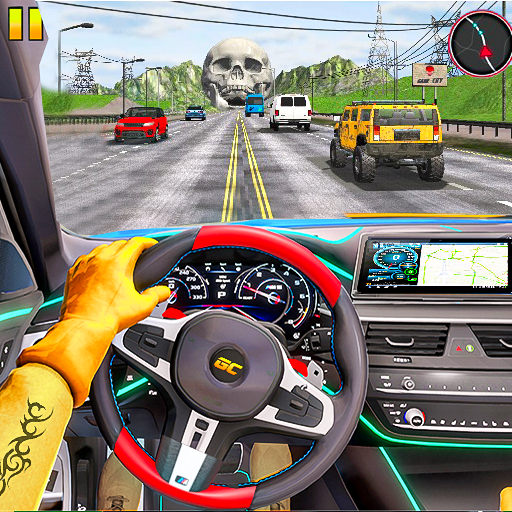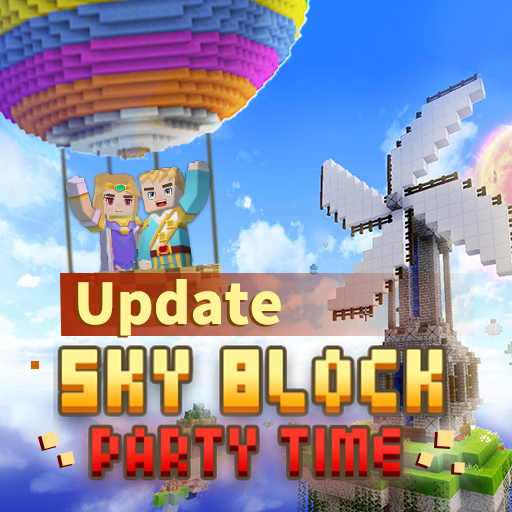
Yasuhiro Anpo, the director behind the remakes of Resident Evil 2 and Resident Evil 4, shared that the decision to revamp the 1998 classic Resident Evil 2 stemmed from the overwhelming fan interest in seeing the game restored to its former glory. Anpo noted, "We realized: people really want this to happen." This sentiment was echoed by producer Hirabayashi, who decisively stated, "Alright, we'll do it."
Initially, the team contemplated starting with Resident Evil 4. However, after thorough discussions, they recognized that RE4 was already highly acclaimed and nearly perfect in its original form. The risk of altering such a beloved game was significant, leading the team to focus on the older Resident Evil 2, which was in dire need of modernization. To better align with fan expectations, the developers also delved into fan projects for insights into what players desired.
Despite Capcom's internal deliberations, fans expressed their own reservations even after the successful releases of the Resident Evil 2 and Resident Evil 3 remakes, and the announcement of the Resident Evil 4 remake. Many argued that Resident Evil 4, unlike its predecessors, did not require as much of an update. While Resident Evil 2 and Resident Evil 3, originally released in the 1990s on the PlayStation, featured outdated elements such as fixed camera angles and cumbersome controls, Resident Evil 4 had revolutionized the genre upon its 2005 release.
Despite these initial doubts, the Resident Evil 4 remake successfully captured the essence of the original while enhancing gameplay and narrative elements. The commercial success and overwhelmingly positive critical reception validated Capcom's approach, demonstrating that even a game considered nearly untouchable could be reimagined with reverence for the original and a fresh, creative perspective.















